
The NSPCC is urging people to stay alert for possible signs of abuse under lockdown, by releasing the top 10 signs of abuse to coincide with its annual Childhood Day fundraising.
Lockdown has forced hundreds of thousands of children across the UK into unsafe homes, trapped with abusive family members or friends. Now more than ever, it’s important that we continue to stay alert for possible signs of abuse and neglect in our communities.
The NSPCC helpline responded to 1,500 contacts about domestic abuse from across the UK between 23 March and 17 May 2020, resulting in 191 referrals being made to local agencies in the North West.
These figures have been released ahead of the NSPCC’s Childhood day, an annual fundraising event which this year encourages people to ‘Be a big kid’ to raise money for the charity. People across the North West are set to hold their own ‘big kid’ events to raise funds for the charity.
Your support could not come at a more crucial time, as Helpline Practitioner Felicity Aspinall explains:
“Contacts to the NSPCC’s helpline about the impact of domestic abuse on children have surged by almost a third since the start of the lockdown, to an average of one an hour.”
“At the NSPCC Helpline our main aim is to help children, but we also offer support and advice to anyone who has concerns about the wellbeing of a child – we can let callers know about how we can help and what to look out for."
The NSPCC has released a guide for anyone who may be concerned about a child’s welfare, and how to spot signs under lockdown and conforming to government distancing guidelines:
Behavioural: Children may-
- Show uncharacteristic aggression. Younger children may try to physically harm other people and animals.
- Have knowledge of adult issues inappropriate for their age.
- Become withdrawn or anxious, and lacking social skills.
- Come across as attention seeking when around adults.
- Cry for long periods of time.
Physical: You may notice-
- Shouting, hitting or things being broken.
- A child with the effects of poisoning, such as vomiting, drowsiness or seizures.
- Very young children left alone or are outdoors by themselves.
- Children always choosing to wear clothes which cover their body, or with visible wounds or bruises.
- Children with changes in weight or growth, or a swollen or thin tummy.
Felicity added: “Sometimes people don’t call straight away because they’re not sure if what’s happening constitutes abuse. But we need people to call us as soon as they become concerned, no matter how big or small they believe the concerns to be, as this can be the missing piece to a jigsaw of a bigger picture which can make all the difference to a child.”
If you’d like to join us and ‘be a big kid’ this Childhood day, June 26th, visit https://www.nspcc.org.uk/what-you-can-do/charity-runs-cycles-and-challenges/social-and-special-events/childhood-day/ to sign up today!

 MATCH PREVIEW - CHESTER FC v DARLINGTON
MATCH PREVIEW - CHESTER FC v DARLINGTON
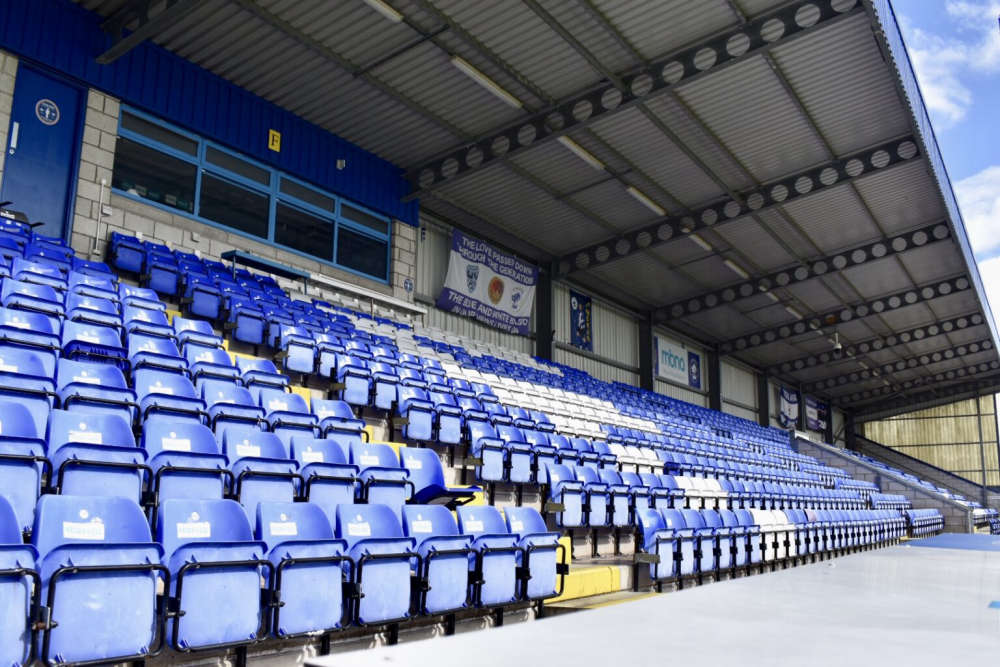 CHESTER FC STATEMENT
CHESTER FC STATEMENT
 MATCH REPORT: ELLESMERE PORT TOWN 3 - 4 CHESTER WOMEN
MATCH REPORT: ELLESMERE PORT TOWN 3 - 4 CHESTER WOMEN
 People in Chester are invited to join a singing celebration to mark Global Intergenerational Week
People in Chester are invited to join a singing celebration to mark Global Intergenerational Week
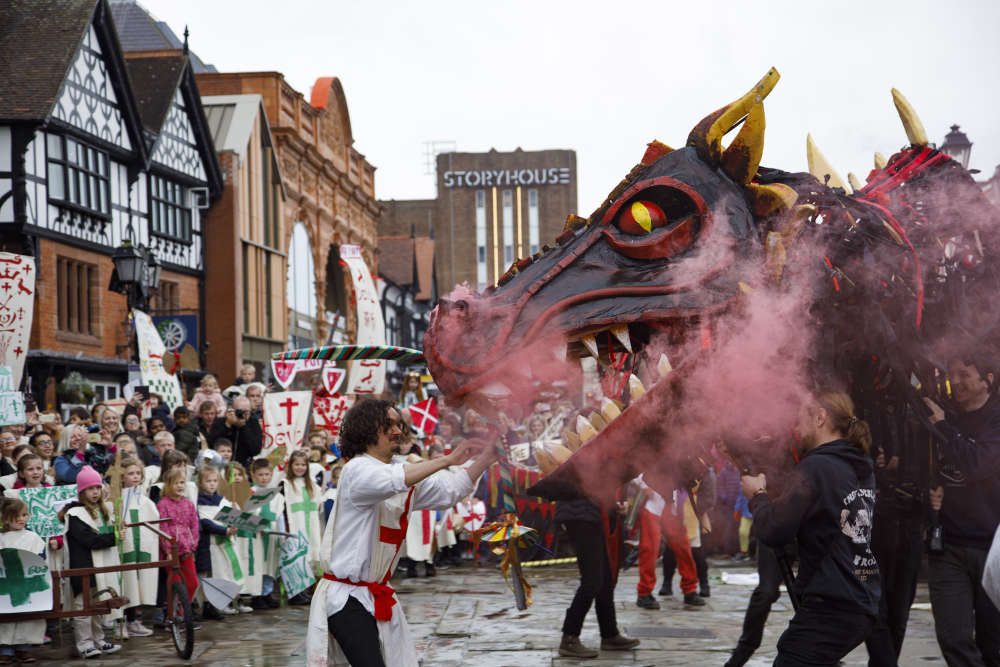 St George returns to Chester on Tuesday 23rd April
St George returns to Chester on Tuesday 23rd April
 Man jailed for stalking Chester MP
Man jailed for stalking Chester MP
 Hundreds of well-dressed ducks gear up for Chester Duck Race
Hundreds of well-dressed ducks gear up for Chester Duck Race
 Police appeal for witnesses to fatal collision in Elton as family pay tribute
Police appeal for witnesses to fatal collision in Elton as family pay tribute
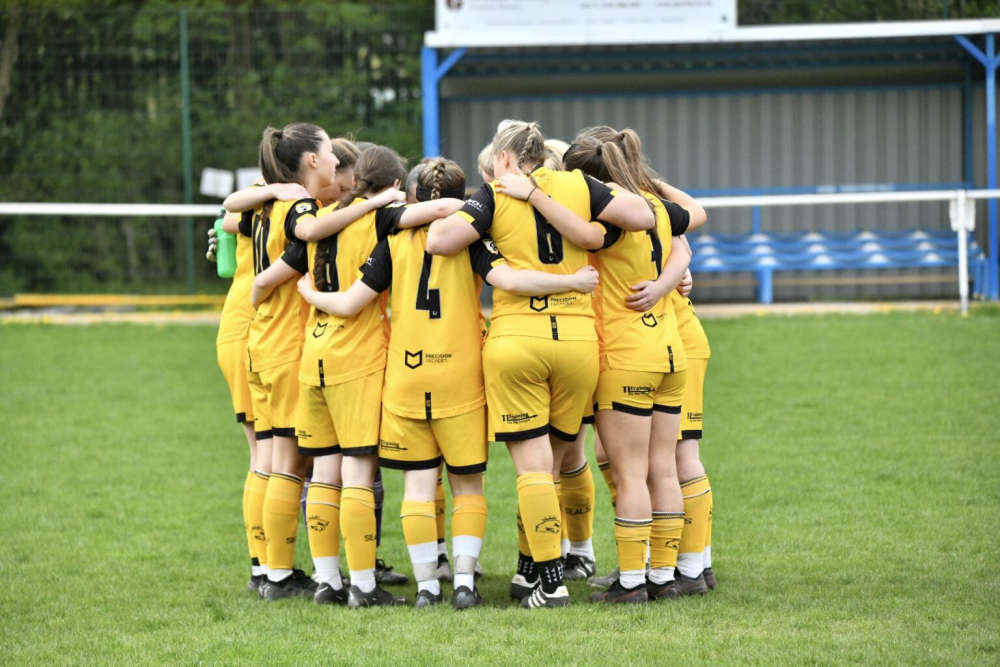 MATCH REPORT: WYTHENSHAWE 4 - 2 CHESTER FC WOMEN
MATCH REPORT: WYTHENSHAWE 4 - 2 CHESTER FC WOMEN
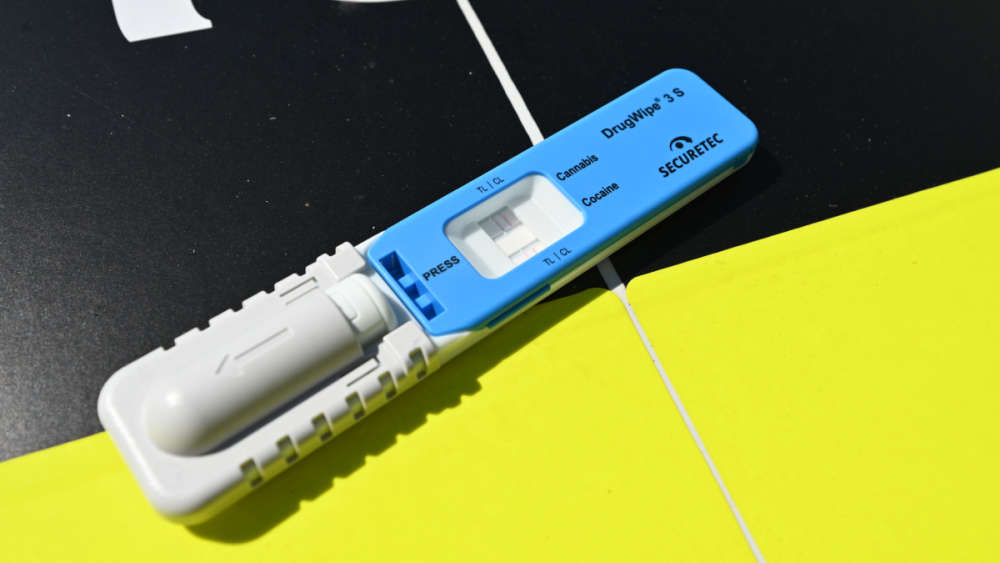 Cheshire Police among top performing forces for tackling drink and drug driving
Cheshire Police among top performing forces for tackling drink and drug driving
 ROLES UP FOR GRABS AS CURTAIN SET TO RISE ON THEATRE COMPANY'S NEW PLAY
ROLES UP FOR GRABS AS CURTAIN SET TO RISE ON THEATRE COMPANY'S NEW PLAY
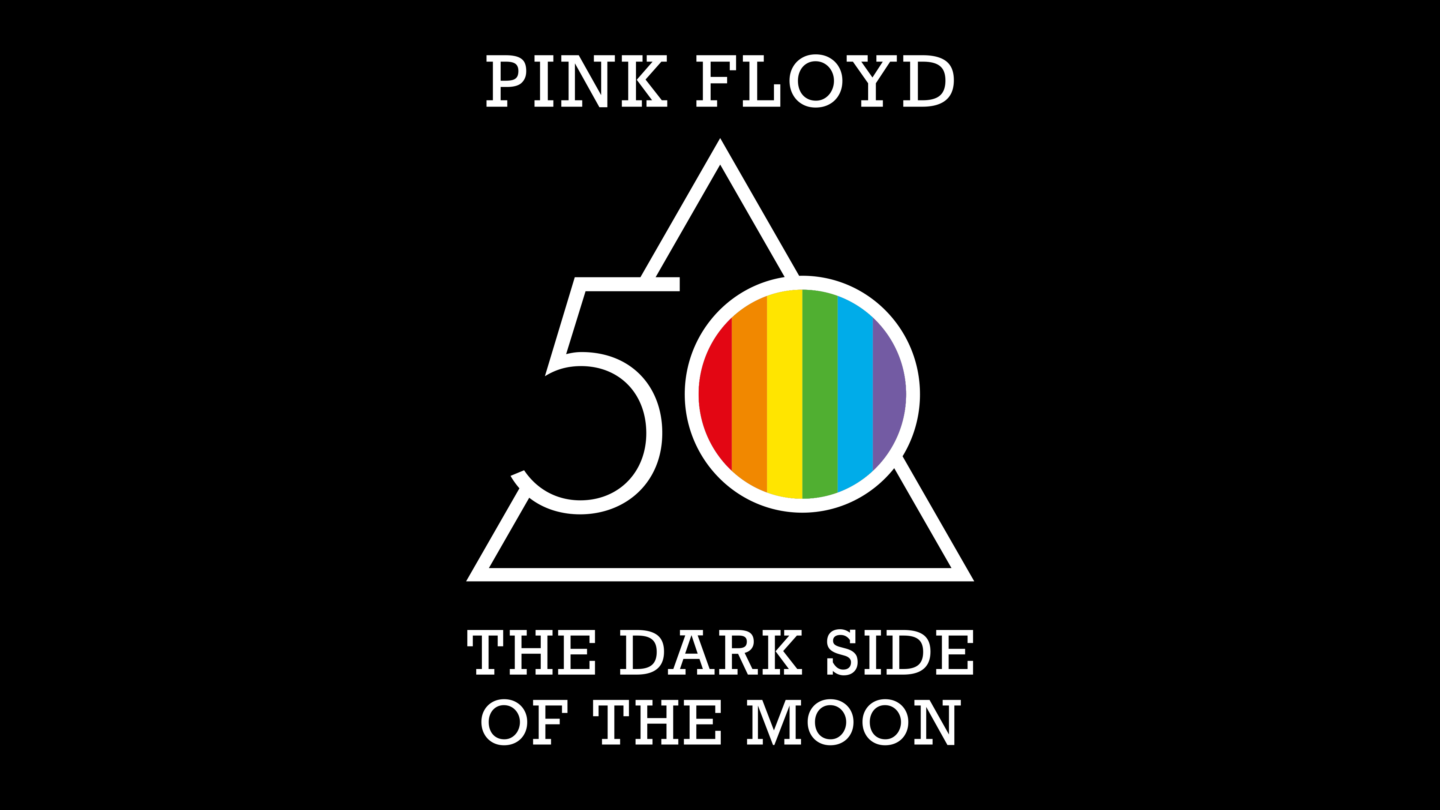 Pink Floyd: The Dark Side of the Moon returns to Jodrell Bank
Pink Floyd: The Dark Side of the Moon returns to Jodrell Bank
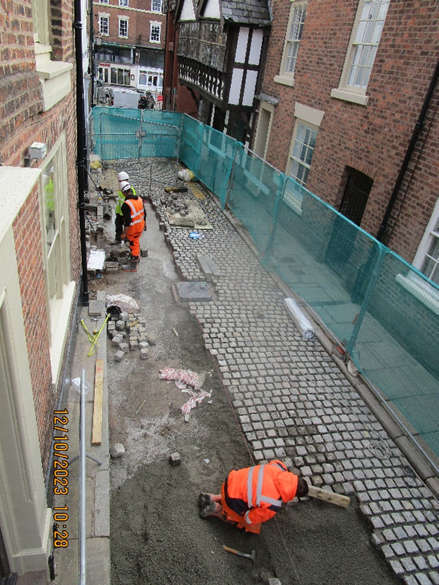 Welsh Water presents to Chester Residents Associations about pollution in the River Dee
Welsh Water presents to Chester Residents Associations about pollution in the River Dee
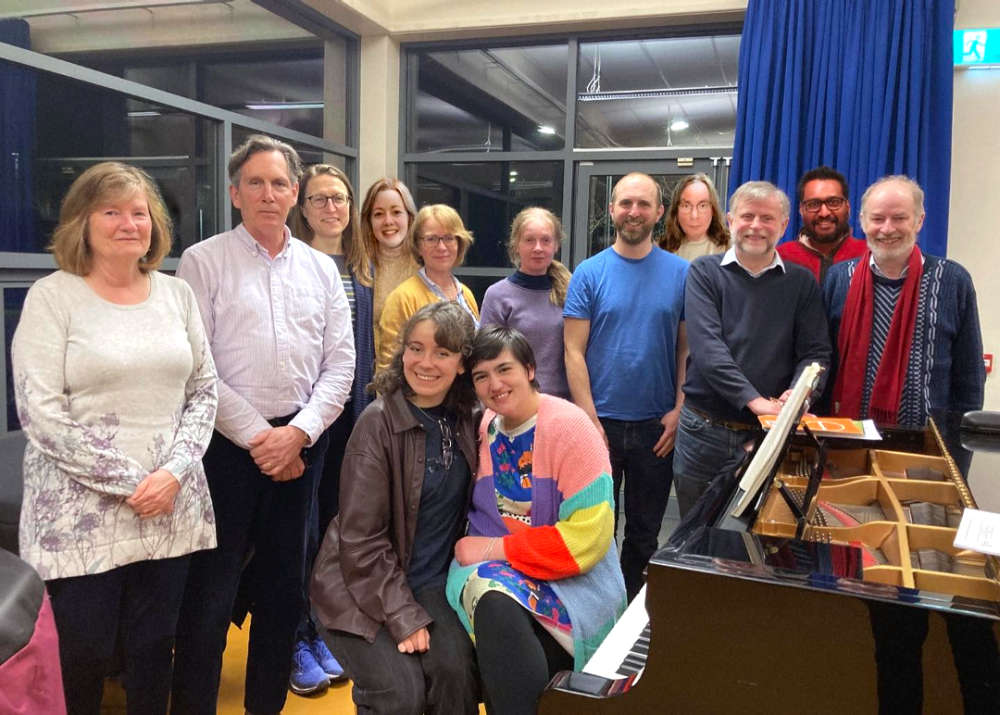 SOLOISTS SET TO SHINE DURING SPECIAL CHESTER PERFORMANCE OF HANDEL'S MESSIAH
SOLOISTS SET TO SHINE DURING SPECIAL CHESTER PERFORMANCE OF HANDEL'S MESSIAH
 Chester and Wirral Football League - Latest Results
Chester and Wirral Football League - Latest Results
 BLUES MATCH REPORT - BRACKLEY TOWN 3 - 1 CHESTER FC
BLUES MATCH REPORT - BRACKLEY TOWN 3 - 1 CHESTER FC
 Inspired Villages complete a 7,500-Mile Charity Cycling Challenge in aid of PROSTaid UK
Inspired Villages complete a 7,500-Mile Charity Cycling Challenge in aid of PROSTaid UK
 Jail term for man who stalked Chester's MP
Jail term for man who stalked Chester's MP
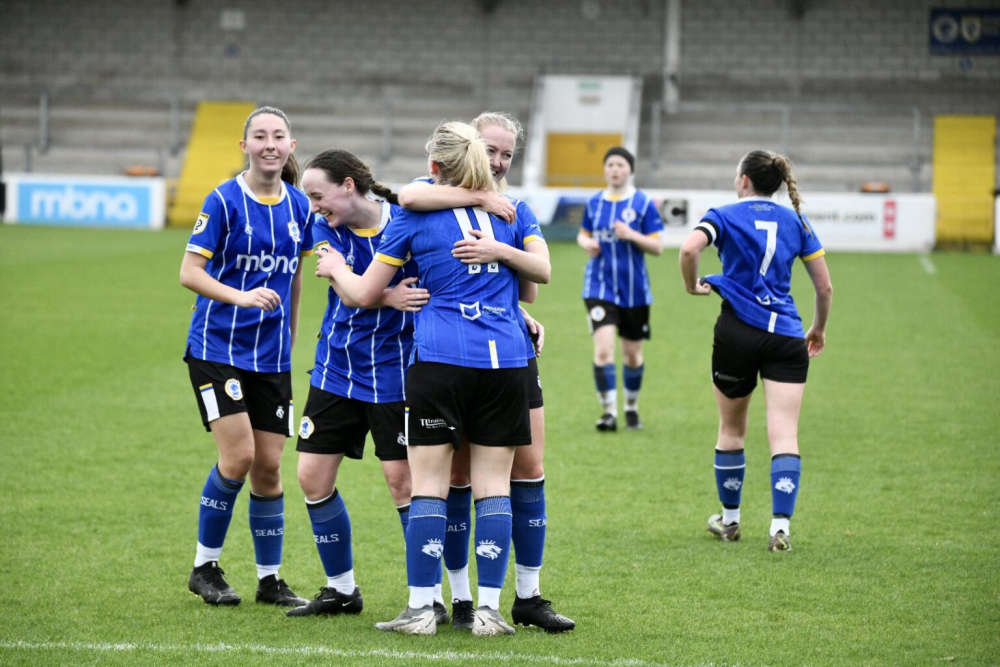 CFCW MATCH PREVIEW: WYTHENSHAWE v CHESTER FC WOMEN
CFCW MATCH PREVIEW: WYTHENSHAWE v CHESTER FC WOMEN
 BLUES MATCH PREVIEW: BRACKLEY TOWN v CHESTER FC
BLUES MATCH PREVIEW: BRACKLEY TOWN v CHESTER FC